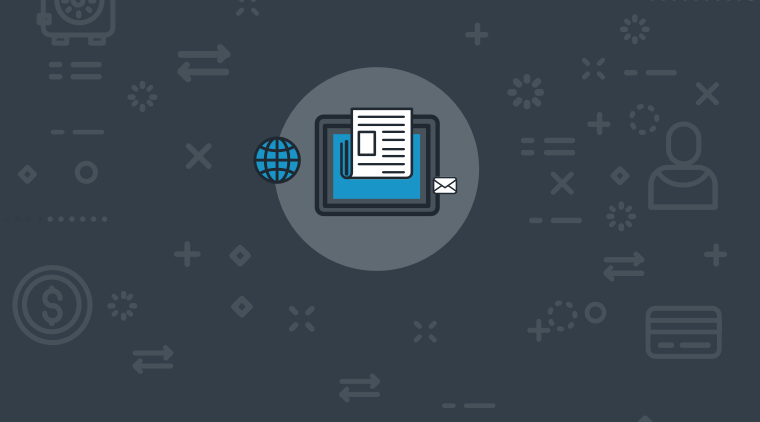Collection Accounts and Your Credit Scores


Highlights:
- If you fall behind on payments, your credit account may be sent to a collection agency or sold to a debt buyer
- You are still legally obligated to pay debts that are in collections
- Collections accounts can have a negative impact on credit scores
Past-due accounts that have been sent to a collection agency can be a source of confusion when it comes to your credit reports and credit scores. What does that mean? And if you pay off the accounts, can they be removed from your credit reports? We’ve broken down what you need to know.
What is a collection account?
If you fall behind on payments, the lender or creditor may transfer your account to a collection agency or sell it to a debt buyer. This generally occurs a few months after you become delinquent, or the date you begin missing payments or not paying the full minimum payment.
Typically, lenders and creditors will send you letters or call you regarding the debt before it is sent to a collection agency. You may not be notified if your account is being sold to a debt buyer, however. The collection agency or debt buyer will then attempt to collect the debt from you.
If your debt is sold to a debt buyer or placed for collection with a collection agency, you are still legally obligated to pay it. You may end up making payments directly to the collection agency or debt buyer instead of the original lender.
Is a collection account different than a charge-off?
A charge-off means the lender or creditor has written the account off as a loss, and it is closed to future charges. The account may still be sold to a debt buyer. Paying the past-due amount to the lender before it is sold may prevent a collections account from being reported on your credit reports (assuming the lender reports to one or more of the three nationwide credit bureaus). In this case, your credit reports may still have the charge-off account reported by your lender or creditor but may not have the additional account from the debt buyer.
What impact do collection accounts have on my credit scores?
A collection account may be reported to one, two or all three of the nationwide credit bureaus (Equifax, Experian and TransUnion) and reflected on your credit reports. It can also have a negative impact on credit scores, depending on the credit scoring model (different ways credit scores are calculated). Some credit scoring models may ignore debt collections for smaller amounts – if the original debt was less than $100, for example. Some credit scoring models may also treat different kinds of debt differently – for instance, medical bills versus delinquent credit card bills.
How long do collection accounts stay on my credit reports?
Like other negative information, a collection account can remain on your credit reports for up to seven years from the date you first miss a payment to the original lender or creditor.
What if I pay the debt?
If you pay the collection account, it should be reported to credit bureaus by the lender as paid, and would be listed as a paid collection. If you pay the account before the seven-year period is up, it can remain on your credit reports, but its effect on credit scores may lessen if it’s shown as paid, depending on the credit scoring model used. Some credit scoring models ignore paid collection accounts.
What if I believe the account information is inaccurate?
A good first step is to contact the lender or creditor. You can also file a dispute with the credit bureau that furnished the report where the account is listed. To file a dispute with Equifax, you can create a myEquifax account. Visit our dispute page to learn other ways you can submit a dispute.
If you have a past-due debt
If you want to avoid having an account sent to collections, contact your lender or creditor to see if they will work with you on a payment plan or other arrangements. If your account has already been sent to a collection agency or sold to a debt buyer, contact that agency or debt buyer to see if they can help with a payment plan or settlement amount.
The Consumer Financial Protection Bureau has more information, including information on negotiating a settlement.

Sign up for a credit monitoring & ID theft protection product today!
For $19.95 per month, you can know where you stand with access to your 3-bureau credit report. Sign up for Equifax CompleteTM Premier today!



